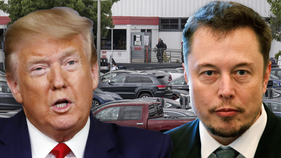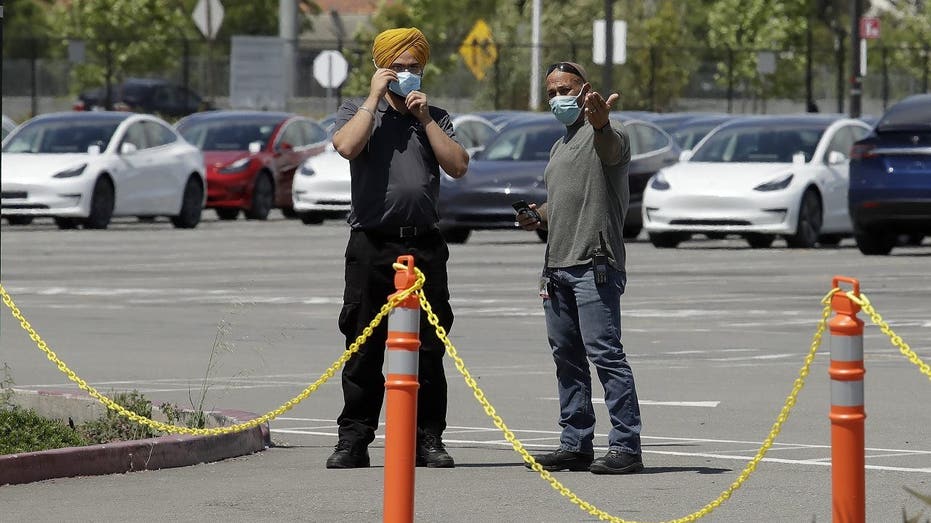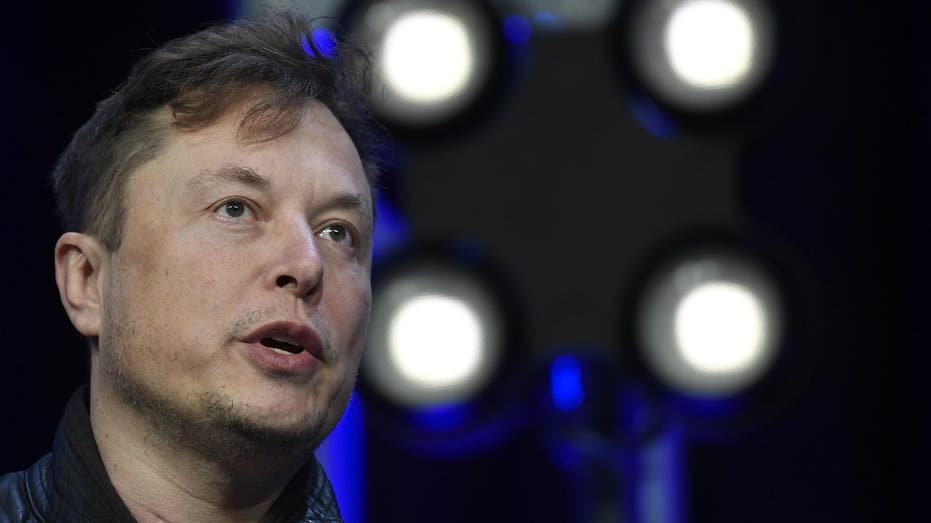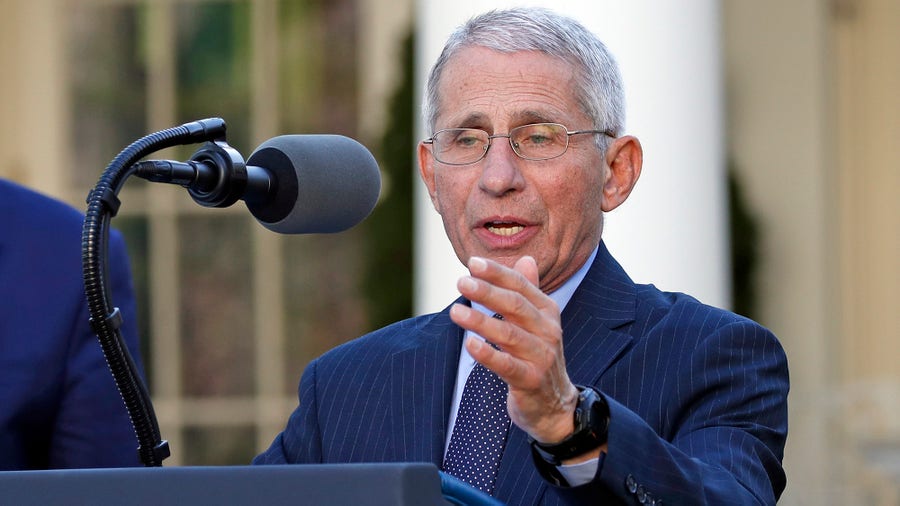Dow Jones Newswires
 Global trade flows tumbled in the first quarter, a preview of what could be the largest contraction in international commerce in decades, as the coronavirus pandemic causes policymakers and multinationals to reconsider globe-spanning supply chains that have become a defining feature of the world economy.
Global trade flows tumbled in the first quarter, a preview of what could be the largest contraction in international commerce in decades, as the coronavirus pandemic causes policymakers and multinationals to reconsider globe-spanning supply chains that have become a defining feature of the world economy.
International commerce could see its largest contraction in decades
 Global trade flows tumbled in the first quarter, a preview of what could be the largest contraction in international commerce in decades, as the coronavirus pandemic causes policymakers and multinationals to reconsider globe-spanning supply chains that have become a defining feature of the world economy.
Global trade flows tumbled in the first quarter, a preview of what could be the largest contraction in international commerce in decades, as the coronavirus pandemic causes policymakers and multinationals to reconsider globe-spanning supply chains that have become a defining feature of the world economy.
A Dutch body considered an authority in world trade, CPB Netherlands Bureau for Economic Policy Analysis, said flows of goods across borders were 1.4% lower in March than a month earlier, bringing the decline in the first quarter to 2.5%. That was the largest drop since the global financial crisis.
"We expect a strong decline in trade in April and May," CPB said. "Leading indicators point to a stronger decline in global trade in the coming months."
Few expect exports and imports to rebound strongly as restrictions intended to limit the spread of the coronavirus are lifted. Instead many expect a rollback in intricate cross-border supply chains.
The World Trade Organization's economists estimate that flows will fall by between 13% and 32% during 2020 as a whole. A decline of a third would be equivalent to the collapse associated with the Great Depression -- but concentrated in one year rather than spread over three.
Trade flows are likely to rebound next year if economic activity returns to normal and the virus is contained.
But the sudden halt in trade has exposed how interdependent countries are in sourcing and manufacturing everything from cars to ventilators to smartphones. Individual countries have become nodes in vast supply chains whose vulnerability became clear when the pandemic sliced them apart.
As a result, the coronavirus -- along with previous tensions between China and the U.S. over trade and technology -- is forcing multinationals and policy makers to consider ways to bring production closer to home, safeguard the production of essential goods and reduce their reliance on China as a manufacturing base.
Scania, a giant Swedish maker of trucks, buses and engines, has tried to have at least two sources for most of the 21,000 components it uses, said Chief Executive Henrik Henriksson. That helped it weather nationwide shutdowns pursued by China and then Italy to limit the spread of the virus.
But Scania uses about 35 components that are unique and for which it has only one source, including welded, casted and electronic parts. It couldn't obtain some of them from France after the country was locked down in March. That was enough to shut down global operations for a couple of weeks.
"We were standing still completely," Mr. Henriksson said. With factories idle, Scania and other auto makers stopped buying parts, a decision that cascaded through its sprawling network of suppliers, which in turn slowed production and purchase of components from sub-suppliers in Asia and Europe.
Since the 1980s, a steady reduction of tariffs and other barriers, along with improvements in logistics and communications, has encouraged businesses to break down production processes and spread them across a number of countries.
The movement of parts between countries before a finished product is delivered to the final consumer led to a surge in trade flows, which regularly grew at a faster pace than global output until the global financial crisis. The United Nations estimates that a third of global trade happens within multinational companies.
The pandemic, which closed factories and transport links around the world, has compounded growing doubts about the reliability of long supply chains -- particularly those involving China -- at a time when tariffs and other trade barriers are on the rise.
The coronavirus "has led firms to re-evaluate their global value chain strategies, and specifically the degree of reliance on supply chain partners in China," said Davin Chor, an economist at Dartmouth College.
But it isn't easy for businesses to ensure they have alternative sources if China or any other critical supplier goes through another lockdown or is hit by a different natural disaster.
Pol Antràs, an economist at Harvard University, says that a key feature of many modern supply chains is that they are "relational" in that producers of finished consumer goods rely on suppliers for highly customized parts that are ordered to precise specifications.
"Suppliers don't come out of thin air," he said. "You can't easily substitute away."
Whatever the challenges, policy makers expect supply chains to be altered because of the pandemic and what are likely to be long-lasting trade tensions between the U.S. and China.
Supply chains were already changing because of the China-U.S. trade war. Some companies were shifting manufacturing out of China to countries like Vietnam to avoid tariffs on goods destined for the U.S.
Moreover, the technology industry was also caught in the middle of the U.S. government's efforts to cripple Huawei Technologies Co., which it regards as a potential security threat -- something Huawei and Beijing deny.
The Trump administration has introduced measures that make it hard for U.S. companies as well as foreign companies using American technology to sell supplies to Huawei.
The U.S. campaign against Huawei is driving China to work on its own processor designs to reduce its reliance on foreign technology.
During the global rush to secure adequate supplies of protective clothing and other medical essentials, governments have also increased their scrutiny of supply chains because of fears that they could fail when most needed.
According to the Geneva-based trade-monitoring group Global Trade Alert, 85 countries have imposed 186 new controls on exports of medical equipment and medicines since the start of this year, while 27 countries have imposed 37 new restrictions on food exports.
A number of governments, including the U.S., are taking steps to increase domestic production of those essentials, while the U.K. is searching for ways to cut its reliance on imported medical supplies.
The U.K. government says Project Defend, as it is known, isn't specifically aimed at China, and Japan's government has made the same assertion about a $2.2 billion project to help companies get around supply-chain blockages. But in both cases, Chinese suppliers are likely to be among those for which alternatives must be found.
Meanwhile, some countries spy an opportunity as policy makers and multinationals diversify sources of supply. For instance, the European Bank for Reconstruction and Development is helping the eastern members of the European Union to promote themselves as stable supply bases.
"Could this crisis create an opportunity for diversification?" asked Beata Javorcik, the EBRD's chief economist. "There's a lot of discussion about shortening global supply chains, about building resilience. Countries that have not been at the top of foreign investors' lists may get some investment."
Source: Fox Business






